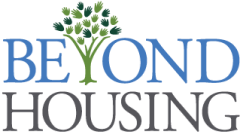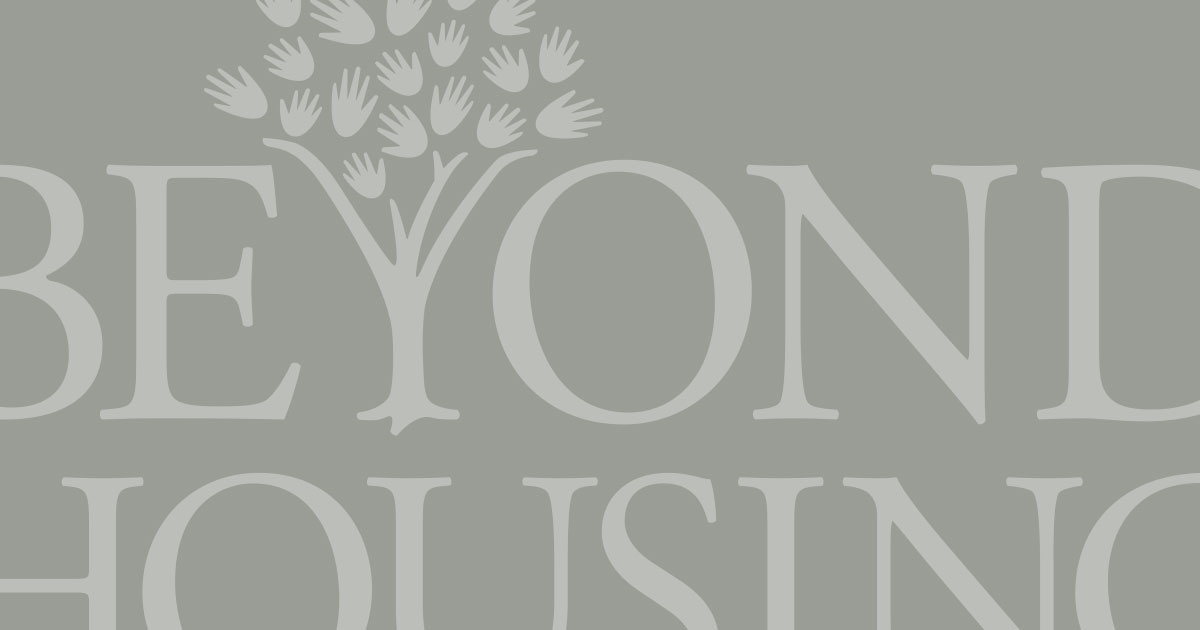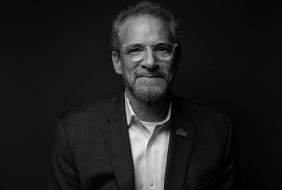By now it should be obvious that the quality of education and the success of individuals, families and communities are closely intertwined. If we’re going to get serious about improving schools and education in struggling communities, the last thing we need is more research. We need more action.
But what form should those actions take? How do we apply our efforts in order to succeed where all the best intentions, funding, programs and policies have previously fallen short?
There may not be any one simple answer, but this much we know for certain: If we think we’re going to improve education in struggling communities without addressing the weight of poverty on the shoulders of children and families, we’re kidding ourselves.
You can’t address education without addressing poverty. Even if our schools had the best of everything — even if teachers had all the support they could ever need, schools had strong curriculums, and the district offered tons of extra-curricular activities — schools in economically-challenged communities would still fall short. Because what happens outside our schools has just as much of an impact on children and their education as what takes place during school hours.
Here in the Normandy school district, we do have more than our share of students and families who are living in poverty. The effects of poverty — from food scarcity and health care to lack of affordable housing and living wage employment opportunities — create serious challenges for students and families that left unaddressed can be hard to overcome.
As one example, we know that families who struggle with food, employment and affordable housing are more likely to move in order to seek out greater opportunities for themselves and their families. Each year, an estimated 655 students move out of the Normandy school district only to be replaced by another 840 new students moving into the district. This represents a 40% mobility rate. When you consider that learning is sequential, high-mobility rates due to poverty create significant consequences for the students, families, teachers and the district. Frequent moves almost always have a negative social and academic impact on students; In fact, research shows that mobility is the number one detriment to learning.
We know that any roadmap for improving education has to be centered around a comprehensive approach — one that integrates strategies ranging from the individual to systemic and policy-level efforts not just in education, but housing, health and employment as well. To do so otherwise would only produce more of the same.
It’s why in 2010, Beyond Housing transitioned from a housing organization to a place-based community development organization working in the Normandy school district, also known as the 24:1 Community. 24:1 represents the 24 municipalities within the Normandy school district that share one vision for successful children, engaged families and a strong community. Our work is focused on the geography of the school district because we’ve seen that communities tend to only be as strong as the conditions they provide for children, and that thriving communities must be viable from cradle to career and beyond. That’s why we believe a strong community must have strong public education at its center.
So, what does this comprehensive approach look like? At this very moment, we are focusing on affordable housing, health and basic needs with our eye on employment readiness and access in the near future.
Earlier this year, we began laying the foundations for building 41 new homes in the 24:1 Community. And last month, I was invited by the St. Louis County Executive to help co-chair a task force with Adrian Bracy, CEO of the St. Louis, YWCA to focus on establishing a housing trust fund. The affordable housing trust fund would provide a much-needed new resource to create new homes, rehab existing homes and enable housing stability for many more families. The Terner Center investigated the link between affordable housing and children’s educational outcomes. The majority of respondents attributed the high education rates and their children’s success to housing stability.
We are also hosting an annual job fair and hiring residents as part of our work with the 24:1 Construction Company, Café and Cinema. And finally, we’re continuing to work with our partners, non-profit friends and the Collective Impact Network to help provide ongoing support and resources tied to basic needs. Parents in the Terner Center study, attributed available services, resources and support with their children’s performance at school (66 percent), orienting their children toward college (72 percent), improving behavior (93 percent), and building self-confidence (64 percent).
All of these strategic efforts complement each other to make a real impact — especially when it comes to educating children.
As for education specifically, we know that the key is to reach children early because once a child starts falling behind, it can be difficult to catch up. A large percentage of the kids showing up to Normandy’s kindergarten center are developmentally behind, which is why we supported a program to screen children in the community. Led by United 4 Children and Parents as Teachers, we’ve conducted screenings of over 700 children and have been able to flag many of them as having issues tied back to trauma, cognitive delays, and hearing and vision problems. By doing so, we can address these issues early so kids are prepared for kindergarten and beyond.
Another way we’re combating the effects of poverty is with our Family Engagement Liaisons — 13 staff members that operate inside all of the schools throughout the district. Their job is to understand the challenges many of our children are facing, identify those kids and families who are having trouble, and find the resources to support them.
For example, if a student misses more than two consecutive days of school, a Family Liaison staff member calls the home to find out if the student is simply sick, or if there’s a larger issue that they would like help addressing.
If the issue is food security, we can help. By working with Operation Food Search, we send home over 600 backpacks filled with food every Friday. Other times, the problem is as seemingly simple as not having clean clothes. This is a common issue, which is why we’ve placed washers and dryers inside the schools.
There are many great parents and families who are succeeding here. But it’s important to acknowledge the real-world challenges outside our schools if we’re going to really improve them. Our goal is to get families in a place where they no longer need a backpack of food each week, or help paying rent.
Improving education is a comprehensive effort, and that’s why we believe in getting more non-profits that serve communities to share resources and work together.
At Beyond Housing, we’re working to create a model for success and real lasting change that can be replicated nationwide. Because schools are important in every community.
When poverty is addressed, schools improve and students find success, communities become places that people want to live, and life improves for all.


